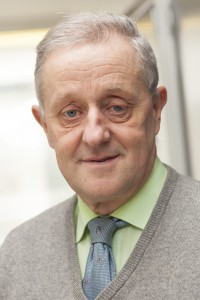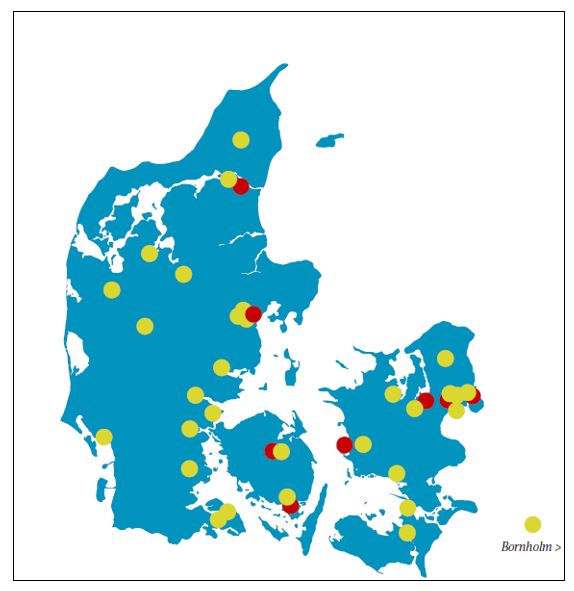After the Second World War, the German education system was organised in a decentralised fashion in order to facilitate a pluralistic control of research and education. Therefore, educational and funding systems exist in parallel, on the level of the regional political structure (state) where a specific university is localised, and on the level of funding by the central government and its Federal Ministry of Education and Research (BMBF). One of the eight departments of the BMBF focuses on life sciences and health, which supports innovative research through funding programs. Funding criteria are the degree of innovation and utilisation, double funding is to be avoided. Institutions, including non-university institutions, but not individuals, are funded.
Universities and university hospitals
The universities and their medical faculties are directly funded by the respective state. The funds specifically devoted to research and education are given to the deans of the faculties, which are fully responsible for their efficient use. Amount and priorities of funding by the respective state might differ from another. Within the faculties, competitive distribution of funds is expected. It is a constant challenge for the medical faculties and the university clinics (the hospitals) to separate this money from the funds given by the health insurance system to the hospital for patient care. Even though structured attempts are made to achieve a separation, a practical solution is difficult given the multiple interactions between the two partners, university hospital and medical faculty.
The German Research Foundation
The German Research Foundation (Deutsche Forschungsgemeinschaft, DFG) is a self-governed organisation of the leading German research universities, which is financed by the German states and federal government. In the neurosciences, every four years a board of about 40 scientists is democratically elected (Neuroscience Board). This board represents all fields of the neurosciences, from clinical psychiatry, neurology, and psychology to the cellular and computational neurosciences. It meets 4 times a year and decides on grant applications in several modular programs, such as individual research grants, the Emmy Noether- and Heisenberg programmes, structured basic and clinical research units and others. It also finances clinical trials, together with and complementary to a BMBF programme. The DFG also plays a prominent role in the Excellence Initiative, an attempt to further structure internationally visible and competitive research and training facilities in Germany by clusters of excellence and graduate schools. The DFG decides about the establishment of a collaborative research center (SFB). Also, research infrastructure is being funded with a focus on scientific instrumentation and information technology, including scientific library services. The most prestigious prize awarded by the DFG is the Leibniz Award.
Other large German research organisations
The Max Planck Society consists of more than 80 Max Planck Institutes and supports fundamental research as an independent and non-profit association of German research institutes. Funds are obtained by both federal government and states; the institutes are independent from, but cooperate with universities.
The Helmholtz Association of German Research Centers is the largest scientific organisation in the country. Its budget of more than 3 billion Euros is provided by the federal government (90%) and the states (10%). An important development for the neurosciences is the establishment of the German Center for Neurodegenerative Diseases (DZNE) which is part of the research field health. Its headquarter is located in Bonn and its goal is to intensify basic and translational research in the field of neurodegeneration.
The Leibniz Association has a budget of 1.4 Billion Euro and is divided into five sections; a research institute focussing on neurobiology is part of section C (life sciences) and located in Magdeburg.
Professor Albert Ludolph is the medical director of the Department of Neurology, University and Rehabilitation Clinic in Ulm, Germany.







